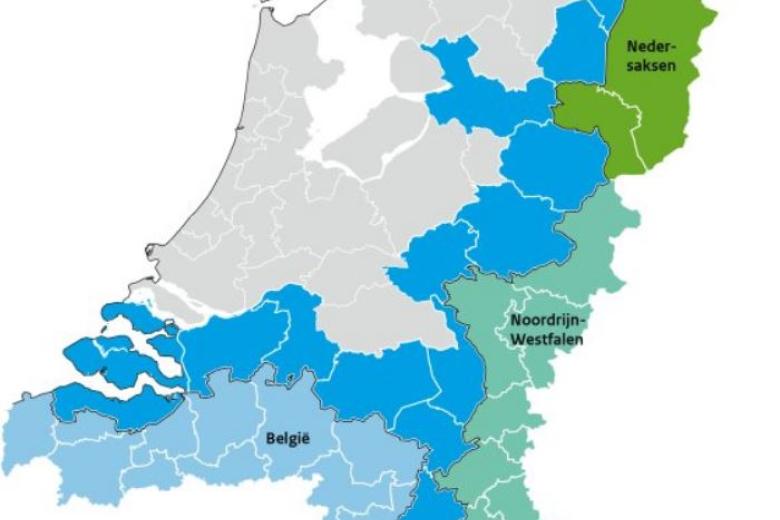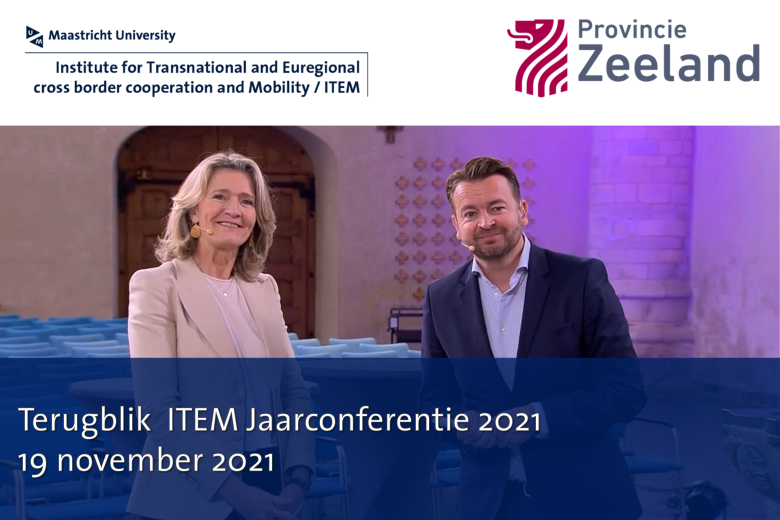Jean Monnet grant for ITEM/ICGI research project about cross-border corporate mobility in the EU
ITEM’s Marcus Meyer and Thomas Biermeyer have won a Jean Monnet grant on the topic of cross-border mobility of companies in the EU and EEA. This project supplements a tender won by Thomas and Marcus earlier this year from the European Trade Union Institute (ETUI) for a three-year project on the same topic. The Jean Monnet grant allows to extend the project’s monitoring timespan to 20 years, covering the period 2000-2020 and organizing a high-level conference on this topic in Brussels. The Jean Monnet grant application (EAC/A03/2016) received 99 out of 100 possible points.
The topic of cross-border company mobility has been on the EU legislator’s agenda for several decades. However only in the last decade through the creation of European company law forms, such as the European Company (Societas Europaea, SE), legislation on cross-border mergers, the Cross-Border Mergers Directive and the case-law of the Court of Justice of the European Union has EU integration accelerated in this area.
A crucial question when considering new legislation and the protection of different stakeholders in corporate mobility transactions, such as shareholders, creditors or employees, is to what extent companies use cross-border mobility mechanisms in practice, may it be concerning cross-border seat transfers, cross-border mergers, cross-border divisions or the activities of SE/SCE companies. Different studies and research exercises have been undertaken in this area, yet, none of which has been able to provide a full picture as to the extent of corporate mobility in the EU.
Together with a network of country experts, the project team will collect data on cross-border transactions throughout all EU/EEA Member States. The data is crucial for future evidence based decision-making in these areas both at the EU and national level. Biermeyer and Meyer collaborate with the Institute for Transnational and Euregional cross border cooperation and mobility / ITEM as well as the Institute for Corporate Law, Governance and Innovation Policies (ICGI) for this project. Professors Mieke Olaerts, Stephan Rammeloo (both ICGI) and Ferdinand Grapperhaus are senior advisors to the project.
Detailed project information can also be found on the project website.
Relevant links
… / ITEM / Research / Cross-border Corporate Mobility in the EU
Also read
-
Provincial elections from a cross-border perspective
On Wednesday 15 March 2023, there will be elections in the Netherlands. We will then vote for the Provincial Council and the District Water Board. Seven of the 12 Dutch provinces border a neighbouring country. Cross-border cooperation and special attention for border regions is therefore extra...

-
Recap ITEM Annual Conference 2021: Empowering border regions - More than ever?
The importance of cross-border cooperation manifests itself more than ever during the coronapandemic. Multi-level governance is the foundation for taking the next steps; looking for each other and perpetuating relationships at all levels, in administration, politics and practice. This became clear...

-
Working from home will disadvantage cross-border workers unless rules are changed
Unless the EU rules and tax treaties are amended, some cross-border workers will soon have to pay tax in two countries: in their country of residence for hours spent working from home, and in the country in which they work for hours spent in the office. Since COVID-19 has made working from home...
